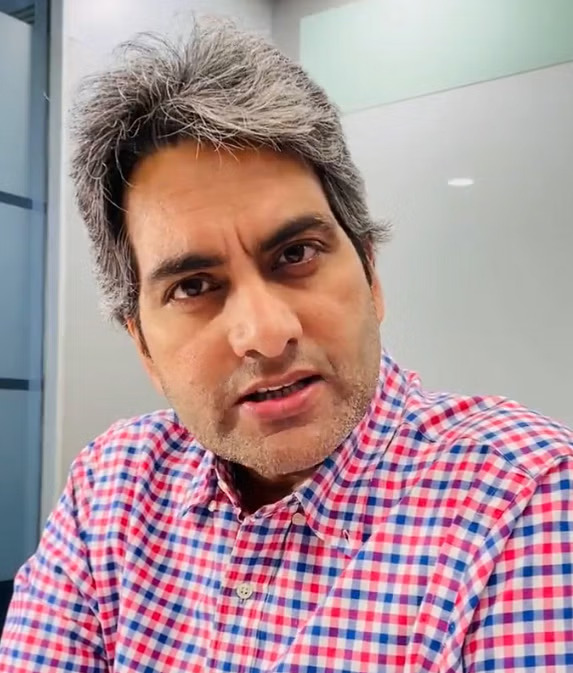Renowned television journalist Sudhir Chaudhary has found himself in legal trouble after being booked for disseminating false information regarding Karnataka’s minority welfare scheme. The case has sparked outrage and raised concerns about the spread of fake news in the media landscape.
The controversy stems from a recent news segment aired on a national news channel, where Mr. Sudhir Chaudhary, the editor-in-chief of the channel, made several claims about Karnataka’s minority welfare scheme. In the segment, he alleged that funds allocated for the welfare of minority communities in the state were being misappropriated and redirected to other purposes.
These claims were swiftly debunked by the Karnataka government, which issued a statement refuting the allegations and providing detailed information about the proper utilization of funds for minority welfare programs. The government’s response highlighted the critical role of these programs in promoting the social and economic development of minority communities in the state.
Following the government’s rebuttal, a complaint was filed against Sudhir Chaudhary for spreading false information and potentially damaging the reputation of the Karnataka government and its welfare initiatives. The complaint alleged that the TV journalist had violated ethical journalism standards and could have incited unrest by disseminating unverified information.
The Karnataka police have registered a case against Mr. Chaudhary under various sections of the Indian Penal Code, including those related to spreading false information and promoting enmity between different groups. A thorough investigation into the matter has been initiated, and Mr. Chaudhary is expected to be summoned for questioning.
This incident has reignited the debate over the responsibility of the media and journalists in ensuring the accuracy and impartiality of their reporting. Media watchdogs and civil society organizations have called for greater accountability and ethics in journalism to prevent the spread of false information and its potential consequences.
The case against Sudhir Chaudhary serves as a reminder that spreading fake news can have serious legal repercussions and underscores the importance of fact-checking and responsible reporting in today’s digital age. As the investigation unfolds, it will be closely watched by both media professionals and the general public, with implications for the broader discourse on media ethics and accountability in India.










